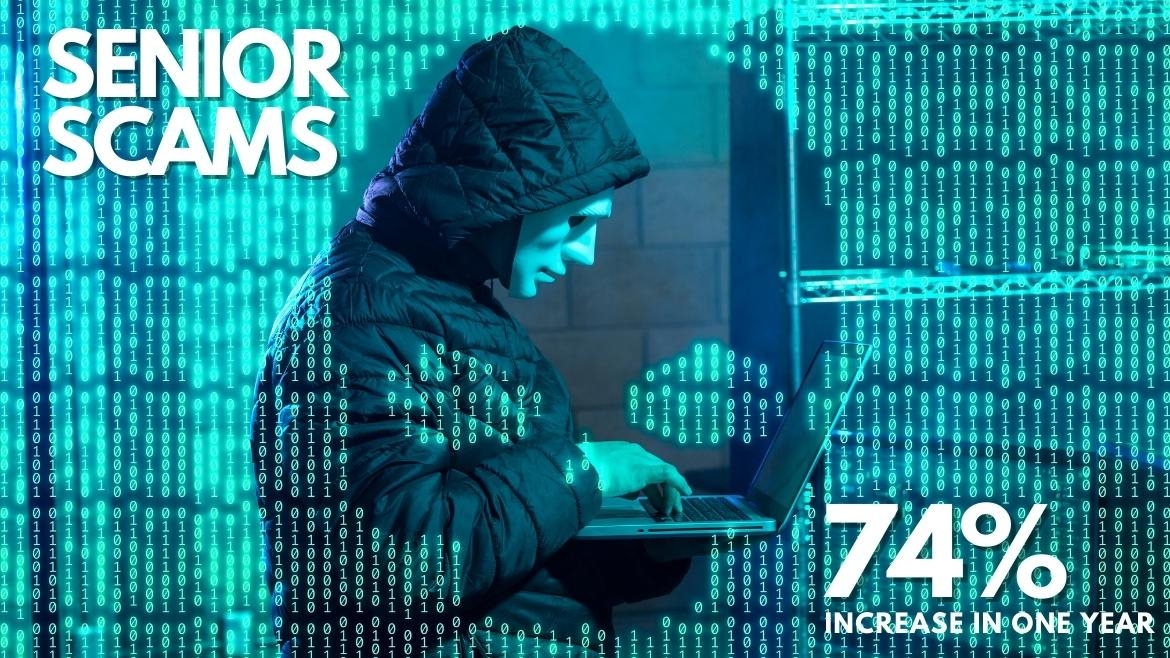Senior Scammers – How to Identify and How to Avoid Them
Seniors are often targeted by scammers because they are perceived as having more wealth and are less likely to report crimes. Often, they work with foreign organized crime rings and adapt their technology to look like legitimate businesses. News headlines are a reliable source of defrauding schemes for scammers. The victims of scams can be anyone, regardless of age, income level, or educational background.
There are many reasons why scammers target seniors. They are usually home to answer the door or phone. The interaction of another person may be welcome to them since they are often lonely. They may be less skeptical and more trusting when listening to a sales pitch. For seniors on fixed incomes, the promise of saving money on medical care or receiving a high return on investment may be appealing. They may fall prey to laborers who offer home repairs that are never completed in exchange for payment upfront.
How to Identify a Scam
- Anything too good to be true is usually not a legitimate offer
- Any sale that pushes an immediate deadline and uses words like “Urgent” or “Final Deadline”
- Repeated phone calls or emails that prompt a decision
- Demands for money like a check or deposit
- No written contract exists but signatures are requested
- No contact information or complete address appears on the company’s website
Examples of Scams
Fake Sweepstakes and Lotteries: The victim is informed that they’ve won a prize or a lottery and just need to pay the tax, or delivery fee.
Repair Scams: Contractors and other technicians will lie about the extent of the problem and then inflate repair prices.
Medicare Scams: A scammer will claim to be a representative from Medicare or Medicaid, and request Social Security, credit card or bank account numbers.
Social Security Scams: Thieves pretending to be Social Security Administration (SSA) employees call, email, or mail seniors to get personal information. The thief says that they are updating your records and requests your Social Security number, birth date, bank account number, and mother’s maiden name.
IMPORTANT: Medicare or the Social Security Administration will never call you to ask for personal information. If you suspect fraud, contact your local police station or the Health and Human Services Office of the Inspector General at 800-HHS-TIPS.
Bereavement & Funeral Scams
Scammers have been known to approach grieving widows and widowers posing as lenders claiming that the deceased owed a sum of money that is due right away.
The Grandparent or Emergency Scam
A fraudster calls the victim pretending to be a grandchild or other family member in need of money.
Relationship Scams
A fraudster will befriend his or her victims online or in person to begin building a relationship. Once the fraudster gains trust, they will ask to borrow money to help pay bills or settle debts.
Older adults in the United States were scammed out of $1.7 billion through fraud schemes in 2021, a 74% increase from 2020.
If you or someone you know has been a victim of elder fraud, help is standing by at the National Elder Fraud Hotline. 833–FRAUD–11 or 833–372–8311. This hotline is a free resource created by the U.S. Department of Justice (DOJ), Office for Victims of Crime for people to report fraud against anyone age 60 or older.

